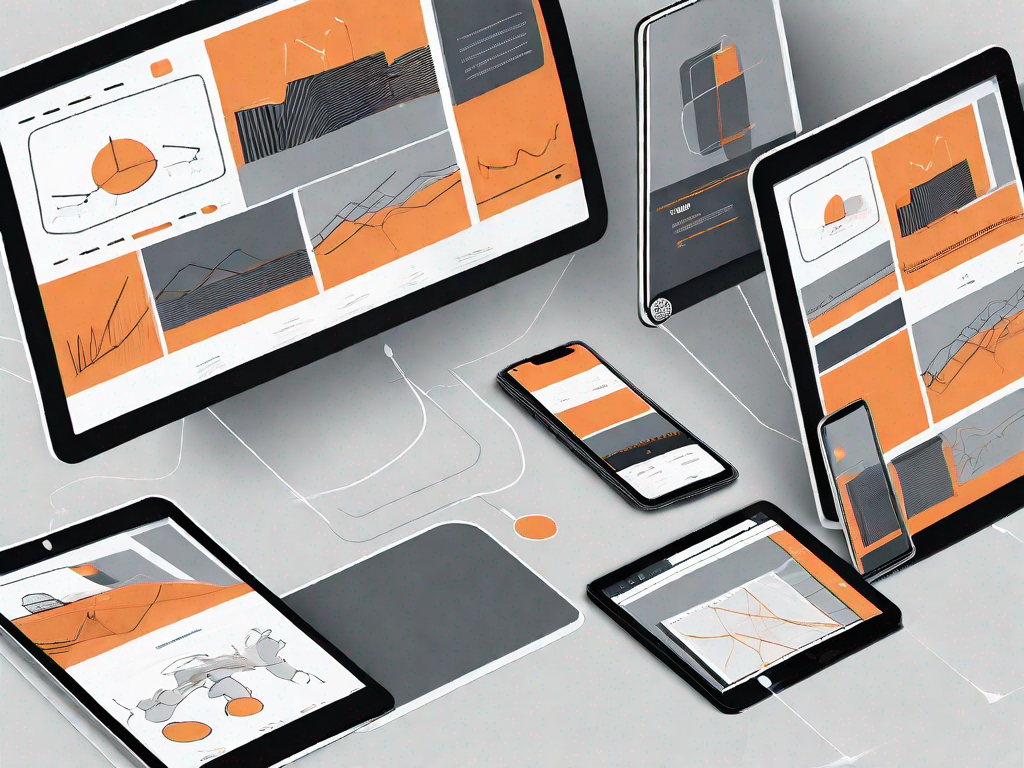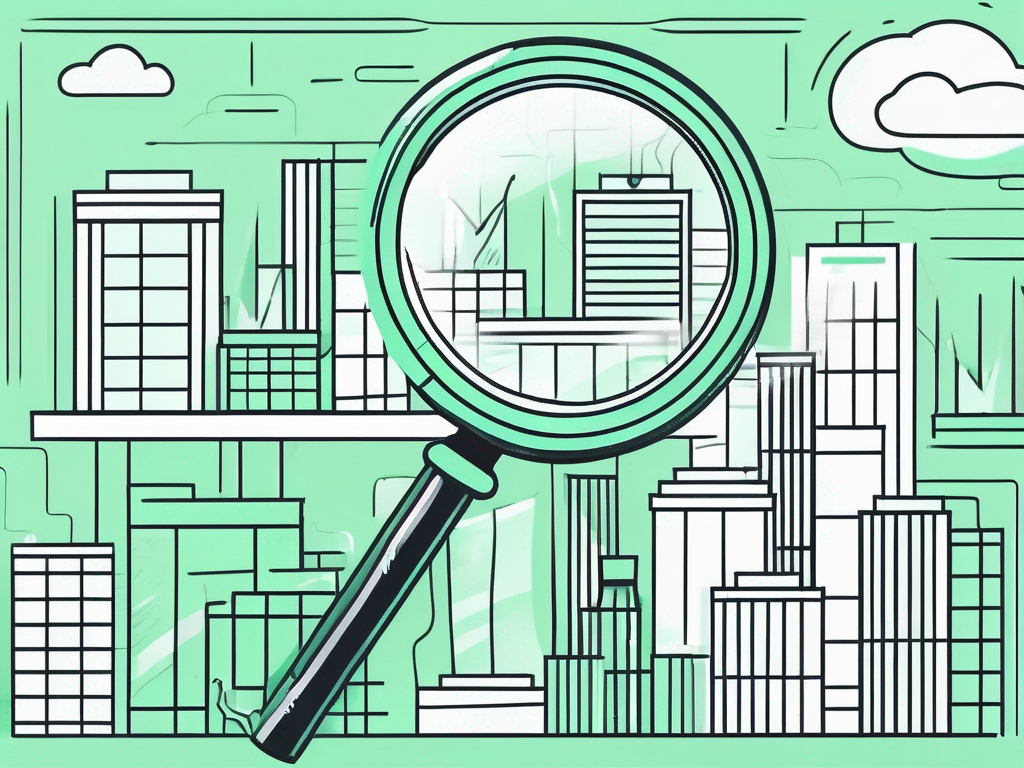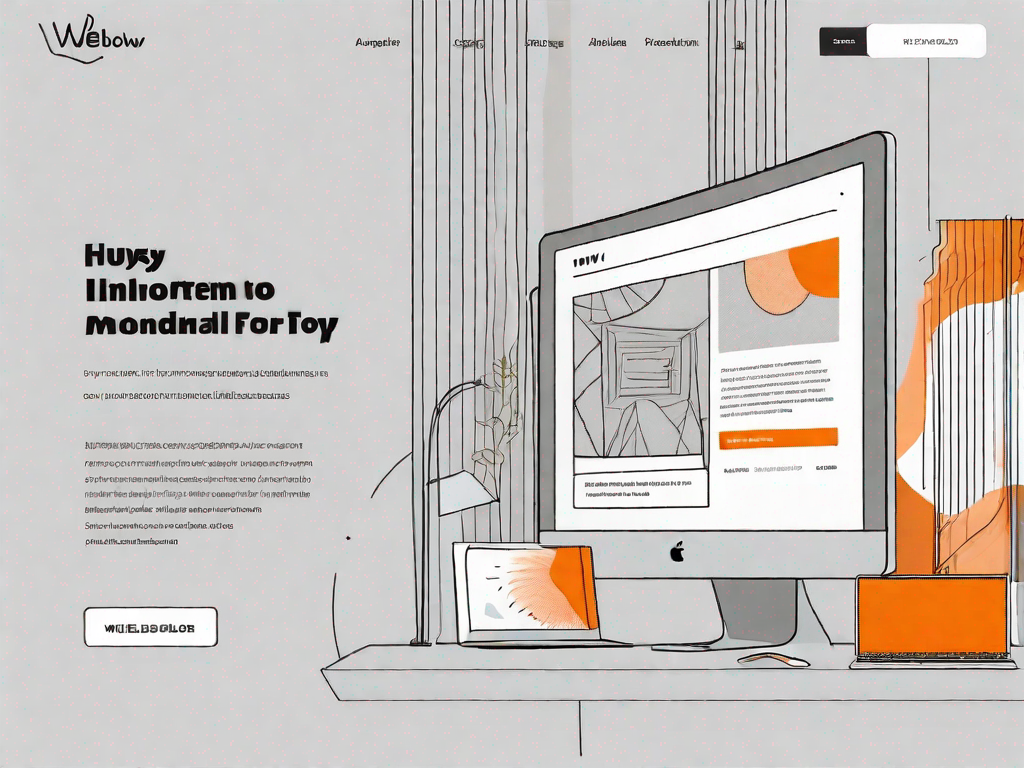.svg)
Building Culture in a Remote-First Agency
.svg)

The concept of a traditional office environment is rapidly evolving. With the rise of technology and the increasing demand for flexibility, many agencies are adopting a remote-first approach. While this shift offers numerous benefits, it also presents unique challenges, particularly when it comes to fostering a strong organisational culture. Building culture in a remote-first agency requires intentionality, creativity, and a commitment to maintaining connections despite physical distances.
Understanding the Importance of Culture in a Remote Environment
Culture is the backbone of any organisation, influencing everything from employee engagement to client satisfaction. In a remote-first agency, where team members are dispersed across various locations, cultivating a cohesive culture is crucial to ensuring everyone feels connected and aligned with the company's values and mission.
A strong culture in a remote setting can lead to increased productivity, as employees who feel valued and part of a community are more likely to be motivated and committed to their work. Moreover, it helps in attracting and retaining top talent, as individuals are drawn to organisations that prioritise a positive and inclusive work environment.
Furthermore, a well-defined culture can act as a guiding force during times of change or uncertainty, providing employees with a sense of stability and purpose. It encourages collaboration and innovation, as team members are more likely to share ideas and work together towards common goals when they feel part of a supportive community.
Strategies for Building a Strong Remote Culture
Establish Clear Communication Channels
Effective communication is the cornerstone of any successful remote-first agency. To build a strong culture, it is essential to establish clear and consistent communication channels that facilitate both formal and informal interactions. Utilising tools such as video conferencing, instant messaging, and collaborative platforms can help bridge the gap between remote team members.
Regular virtual meetings, whether they are team-wide or one-on-one, provide opportunities for employees to connect, share updates, and discuss any challenges they may be facing. Encouraging open and transparent communication helps to build trust and ensures that everyone feels heard and valued.
In addition to scheduled meetings, creating spaces for informal interactions, such as virtual coffee breaks or team-building activities, can help foster camaraderie and strengthen relationships among team members.
Define and Reinforce Core Values
Core values serve as the foundation of an organisation's culture, guiding behaviour and decision-making. In a remote-first agency, it is important to clearly define these values and ensure they are consistently reinforced across all levels of the organisation.
Incorporating core values into everyday practices, such as performance reviews, team meetings, and company communications, helps to keep them top of mind for employees. Recognising and celebrating individuals who exemplify these values can also reinforce their importance and encourage others to follow suit.
Moreover, involving employees in the process of defining and refining core values can increase buy-in and ensure they resonate with the entire team. This collaborative approach fosters a sense of ownership and commitment to upholding the organisation's cultural principles.
Prioritise Employee Well-being and Work-Life Balance
Remote work offers flexibility, but it can also blur the lines between personal and professional life. To build a positive culture, it is essential to prioritise employee well-being and promote a healthy work-life balance.
Encouraging employees to set boundaries, take regular breaks, and disconnect after work hours can help prevent burnout and ensure they remain engaged and productive. Providing resources and support for mental health and well-being, such as access to counselling services or wellness programmes, demonstrates a commitment to employee welfare.
Additionally, offering flexible work arrangements, such as adjustable schedules or the option to work from different locations, can accommodate individual needs and preferences, further enhancing job satisfaction and overall well-being.
Leveraging Technology to Enhance Remote Culture
Utilise Collaboration Tools
Technology plays a pivotal role in building and maintaining culture in a remote-first agency. Collaboration tools, such as project management software and shared document platforms, enable seamless communication and teamwork, regardless of geographical location.
These tools facilitate real-time collaboration, allowing team members to work together on projects, share feedback, and track progress. By providing a centralised platform for communication and collaboration, agencies can ensure that everyone is on the same page and working towards common objectives.
Moreover, leveraging technology to automate routine tasks and streamline workflows can free up time for employees to focus on more meaningful and creative work, contributing to a more fulfilling and engaging work experience.
Implement Virtual Team-Building Activities
Team-building activities are essential for fostering a sense of community and strengthening relationships among remote team members. Virtual activities, such as online quizzes, virtual escape rooms, or collaborative games, provide opportunities for employees to connect and have fun together, even when they are miles apart.
These activities can be tailored to suit the interests and preferences of the team, ensuring that everyone feels included and engaged. Regularly organising virtual team-building events helps to break the monotony of remote work and provides a platform for employees to bond and build trust.
In addition to organised activities, creating informal spaces, such as virtual lounges or chat rooms, where employees can socialise and share non-work-related interests, can further enhance the sense of community and belonging.
Encourage Continuous Learning and Development
Investing in employee development is a key component of building a strong culture in a remote-first agency. Providing opportunities for continuous learning and skill development not only enhances individual growth but also contributes to the overall success of the organisation.
Offering access to online courses, workshops, and training programmes allows employees to expand their knowledge and stay updated with industry trends. Encouraging participation in webinars, conferences, and networking events can also foster professional growth and inspire innovation.
By prioritising learning and development, agencies demonstrate a commitment to employee advancement, which can boost morale, increase job satisfaction, and foster a culture of continuous improvement and excellence.
Measuring and Evaluating Culture in a Remote Setting
Conduct Regular Surveys and Feedback Sessions
To ensure that the culture in a remote-first agency remains strong and aligned with organisational goals, it is important to regularly measure and evaluate its effectiveness. Conducting surveys and feedback sessions allows employees to share their experiences, provide input, and suggest improvements.
Anonymous surveys can provide valuable insights into employee satisfaction, engagement, and overall morale. Gathering feedback on various aspects of the remote work experience, such as communication, collaboration, and work-life balance, can help identify areas for improvement and inform strategic decisions.
In addition to surveys, organising regular feedback sessions or focus groups provides a platform for open dialogue and discussion. These sessions can facilitate the exchange of ideas and foster a culture of transparency and continuous improvement.
Monitor Key Performance Indicators (KPIs)
Tracking key performance indicators (KPIs) related to culture can provide a quantitative measure of its impact on the organisation. Metrics such as employee retention rates, productivity levels, and client satisfaction scores can offer insights into the effectiveness of cultural initiatives.
Analysing these metrics over time can help identify trends and patterns, allowing agencies to make data-driven decisions to enhance their culture. By regularly monitoring KPIs, organisations can ensure that their cultural efforts are aligned with business objectives and contribute to overall success.
Furthermore, sharing these insights with employees can foster a sense of accountability and encourage collective efforts towards maintaining and improving the organisational culture.
Conclusion: Embracing the Future of Work
Building culture in a remote-first agency requires a proactive and intentional approach. By prioritising communication, reinforcing core values, and leveraging technology, organisations can create a strong and cohesive culture that transcends physical boundaries. Emphasising employee well-being, continuous learning, and regular evaluation ensures that the culture remains dynamic and adaptable to the evolving needs of the workforce.
As the future of work continues to evolve, embracing a remote-first approach offers agencies the opportunity to redefine traditional norms and create a culture that is inclusive, innovative, and resilient. By fostering a sense of community and belonging, organisations can thrive in the digital age and achieve long-term success.
Related Posts
Let's
Let’s discuss how we can bring reinvigorated value and purpose to your brand.







.svg)